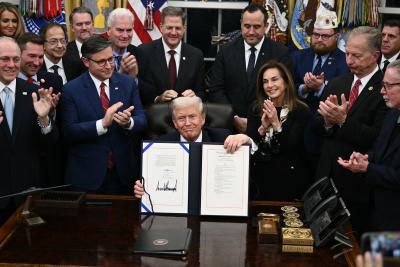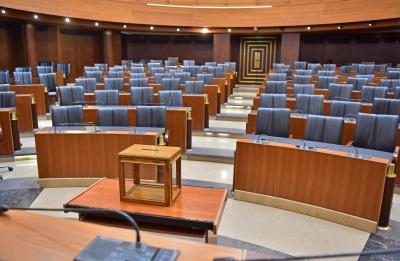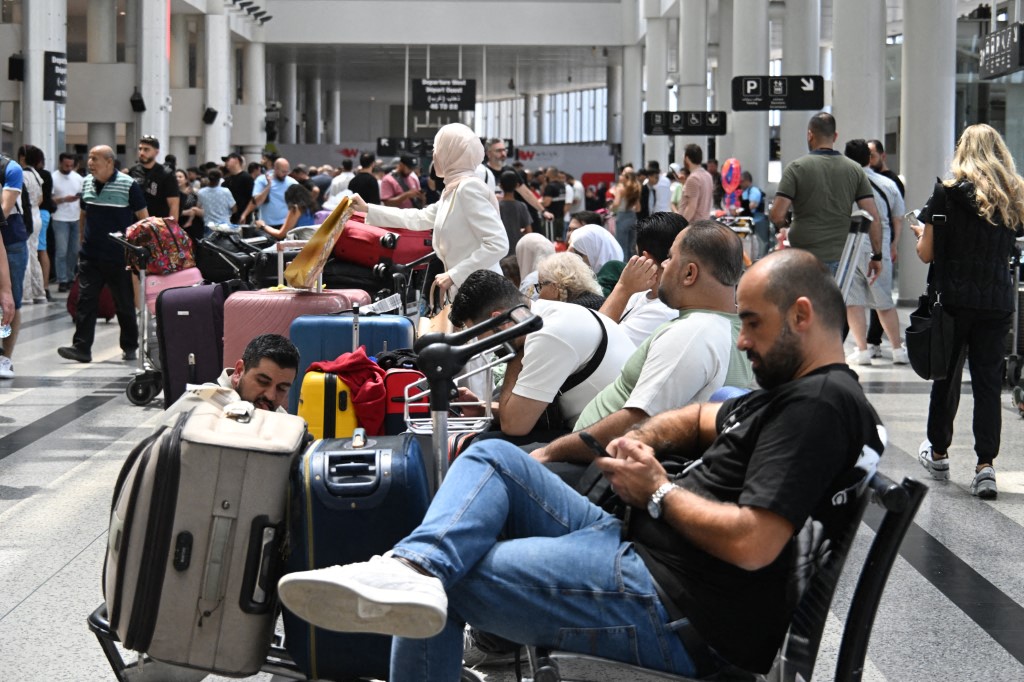It’s no secret: Lebanon is trapped in a deadlock.
When the pillars of the state are reduced to pleading with an armed faction to remain calm and abstain from joining the ongoing Israel-Iran conflict, we know we are in deep trouble.
When the nation collectively exhales in relief simply because this faction promises not to intervene in a fiery missile exchange, it’s clear we remain ensnared in the same predicament.
The deadlock tightens when a significant portion of Lebanese still believe this faction can sway both domestic and regional dynamics.
When the government announces plans to collect weapons from Palestinian camps—sets a deadline, then falls silent and misses it—not due to logistics, but because of internal Palestinian disputes or regional turmoil, the paralysis is undeniable.
The impasse deepens further when mechanisms to appoint candidates to high-level positions are blocked by the whims of politicians, party leaders, or religious figures eager to install their own loyalists.
When one branch of government claims guardianship over the others, defying the constitutional principle of separation and cooperation of powers, the system grinds to a halt.
Judicial processes stall over disagreements about key appointments in the fight against corruption and financial misconduct. State officials cling to their personal shares of power, erasing the very concept of public interest—and with it, the idea of a state that serves its citizens.
When the ruling class, with all its symbols and agencies, fails to agree on a unified vision for administrative and financial reform, and as disputes over restoring depositors’ lost funds drag on, the deadlock becomes suffocating.
The most glaring aspect of this crisis is that the will to overcome it is weaker than the web of interests that ensnares the state, hijacks its institutions, and blocks efforts to serve the public good.
Why does no one acknowledge that preserving the status quo only deepens corruption—a corruption everyone denounces, yet many hope to exploit one last time before real change arrives? Does anyone not see that prolonging this situation only complicates future solutions and tarnishes the reputations of officials, rendering them complicit, powerless, or self-serving?
Our problems are many and complex, but the solutions—well known—remain out of reach. Time is slipping by, and with it, precious opportunities.
The greatest danger lies in our continued reliance on outdated standards to measure a new era that has already dawned. Flexibility may be warranted in some matters, but not in addressing the core issues. Compromising on root problems prevents the state from being rebuilt on solid, fair, and just foundations.
Please post your comments on:
[email protected]
 Politics
Politics













